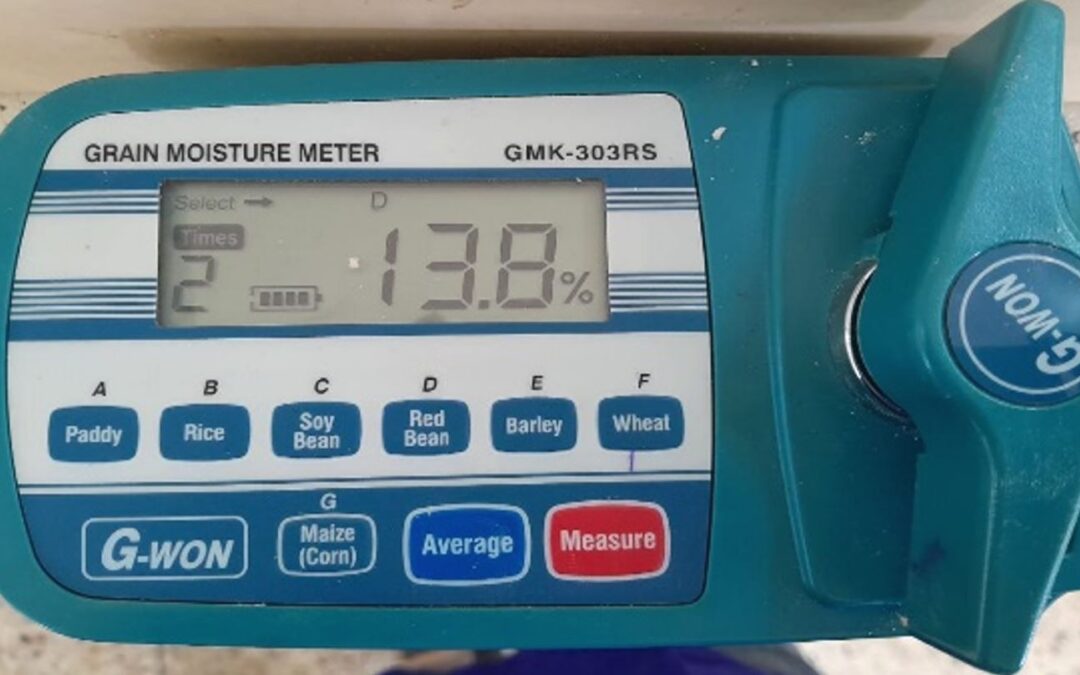By Yohane Chideya and Justice Munthali
Despite operating for three years in Malawi’s capital Lilongwe, Sunfresh Africa was still stuck with old ways of conducting business, which in turn was retarding the company’s prowess to stand competition on the market.
“We have been using local methods of preparing beans. Initially, we modified the truck ream that we improvised as a charcoal burner and we were also using the kitchen mini vacuum sealer for packaging, which was hectic,” recalls Mesther Juwa, Founder and Operations Manager for Sunfresh Africa.
Today, the status quo for the agribusiness company, which focuses on empowering women through small-holder farming, trainings on best agricultural practices, new farming techniques and technologies, is about to change.
This is possible courtesy of the collaboration between the Alliance of Bioversity and CIAT’s Pan African Bean Research Alliance (PABRA) and the CGIAR’s “Ukama Ustawi (UU): Diversification for Resilient Agribusiness Ecosystems in East and Southern Africa (ESA)” initiative.
Micro, Medium, and Small Enterprises (MSMEs) in Eastern and Southern Africa, which constitute about 40% of the total gross value of value chains in sub-Saharan Africa, are faced with numerous challenges. The challenges include unavailability of quality raw materials; lack of market information, especially on consumer demand and preferences; inappropriate product formulation; poor quality processing; unavailability and expensive packaging and labeling materials; and limited access to appropriate technologies and infrastructure, in general.
The collaborative work between PABRA and UU trusts that supporting agribusinesses through MSMEs to scale climate adaptation and mitigation interventions is critical for vibrant agribusiness communities, leading to transformation of livelihoods for many people, as the enterprises play a critical role in creating linkages between consumers and farmers.
The UU venture has been supporting climate-resilient agriculture and livelihoods in ESA countries by helping millions of smallholders to intensify, diversify, and reduce the risks in farming systems through improved extension services.
MSMEs on the other hand, have been tasked to support governance frameworks and increase investment with a gender and social inclusion lens. For these MSMEs, having access to appropriate technologies in their day-to-day operations means reduction in food loss, wastage, and nutrient leakage, for instance, that affect food safety, quality standards and marketing.
“PABRA and UU have pushed us to some level. [We are] now hoping for further growth because of the machines that we have purchased. I can now see my dream coming true in the next few years, as we will level up the supply chain of precooked beans on the market,” says Juwa.
Juwa’s Sunfresh is not the only MSME waxing lyrical about the initiative. Perisha Agro and Packaging, an enterprise run by Fannie Gondwe, has been longing to purchase and install a 30-horsepower electric hammer mill for processing of its bean and bean-based blended flours to replace its small 10-horsepower diesel-run hammer mill. Through UU’s grant, her wish has been granted.
“We are systematically processing and serving our clients of any volume and in turn we are making more good sales since we now have capacity to produce one ton per hour as opposed to 200kg per hour using the previous miller,” she says.
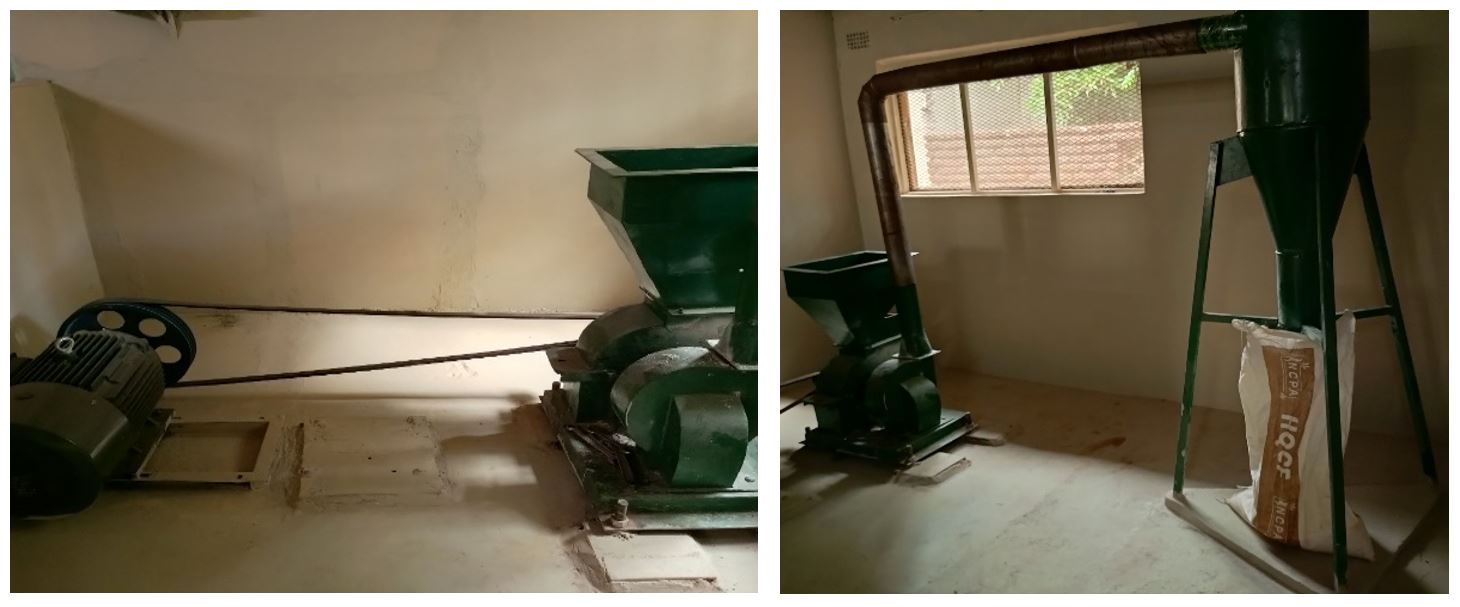
Figure 1: A Morta Hammer Mill at Perisha Headquarters at Likuni in Lilongwe
In the same way, as Mwai Kukada of Agriche Foods Malawi in Blantyre attests, the UU initiative has enabled him to procure a noodle making machine, which he will be using to make bean-enriched noodles for Malawians of all age ranges.
“The procurement of this noodles making machine marks a strategic investment in our production capabilities. The implementation of this advanced equipment is expected to enhance our efficiency, product quality, and overall competitiveness on the market,” explains Kukada.
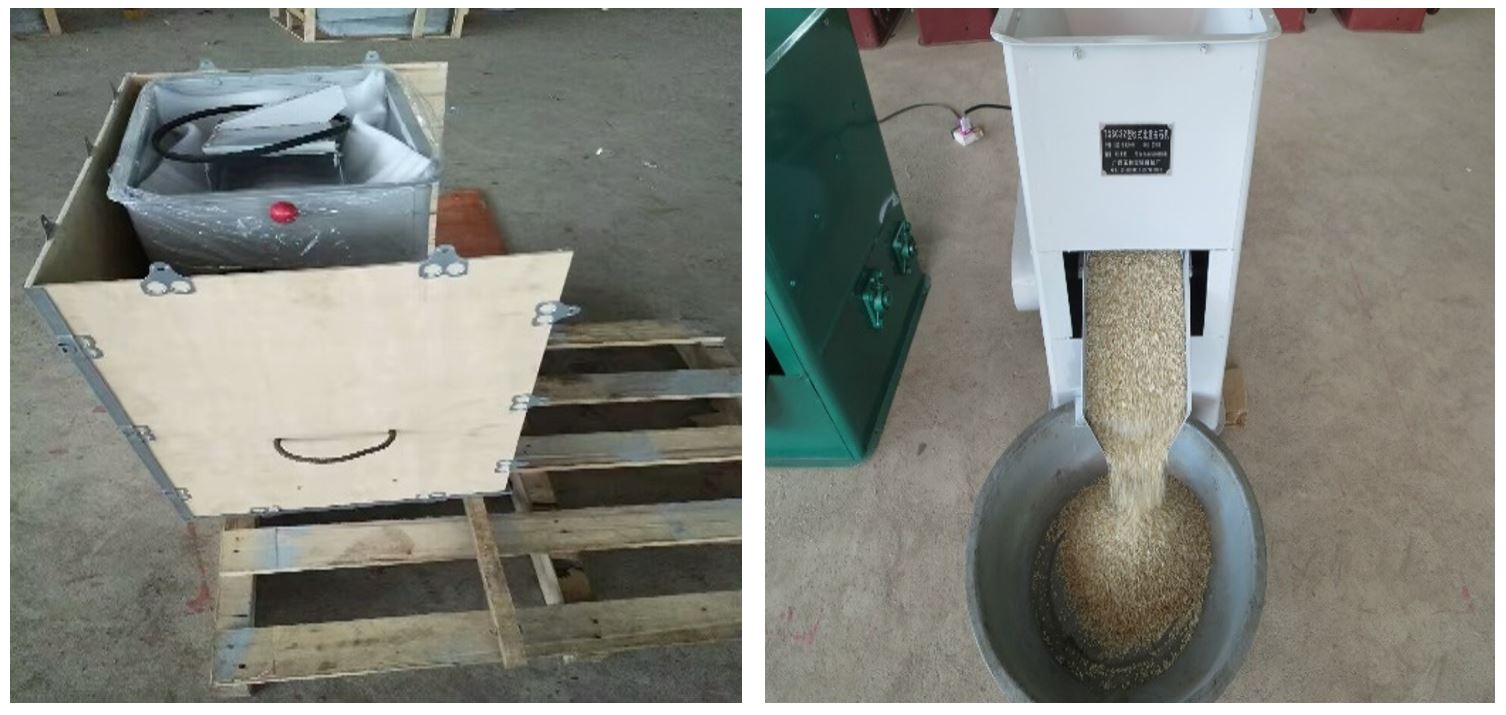
Figure 2: Noodles making machine procured by Agriche Foods.
Ukama Ustawi, a bilingual word collectively translating to “partnerships as well as well-being and development”, has been supporting the agribusiness sector to scale climate adaptation and mitigation interventions through the grants to MSMEs.
This has led to transformation of livelihoods for different people not only in Malawi, but also in Burundi, Zambia, Uganda and Rwanda, where this project is covering.
In Uganda for instance, UU focused on increasing capacities and efficiency of SAWA Agricultural Development Company Limited (SADCL), an MSME situated in Mpigi District, which is involved in bean value chain, through provision of portable technologies and machinery.
With the grant, SADCL has purchased a digital moisture meter, vacuum sealer, and a digital weighing scale to improve its processing capacities and efficiency.
According to the Managing Director Charles Katabalwa, the weighing scale, for instance, will assist in measuring the weights of the grain from the smallholder farmers under the Seed Grain Credit Model (SGCM) and Community Production and Marketing Activity (COPMAS) under the company.
“The weighing scale will enable us to provide precise measurements to our clients, which will improve our customer confidence and reduce customer dissatisfaction.
“It will provide an inclusive gender perspective in grain sales as it is easy to read the figures displayed on the LCD by either male or female. For the moisture content meter, it will play a great role for SADCL in affecting the sale weight, quality, and ability to store grain for long term,” explains Katabalwa.
In Uganda, smallholder farmers and aggregators suffer mold growth setback on the harvested grain due to high moisture content, because molds thrive in moist environments this can grow across the entire production and later lead to mycotoxin contamination like aflatoxin.
With digital moisture meter, this will be a thing of the past, as it will reduce mold growth and help in giving confidence at harvest and sell of healthy grain produce.
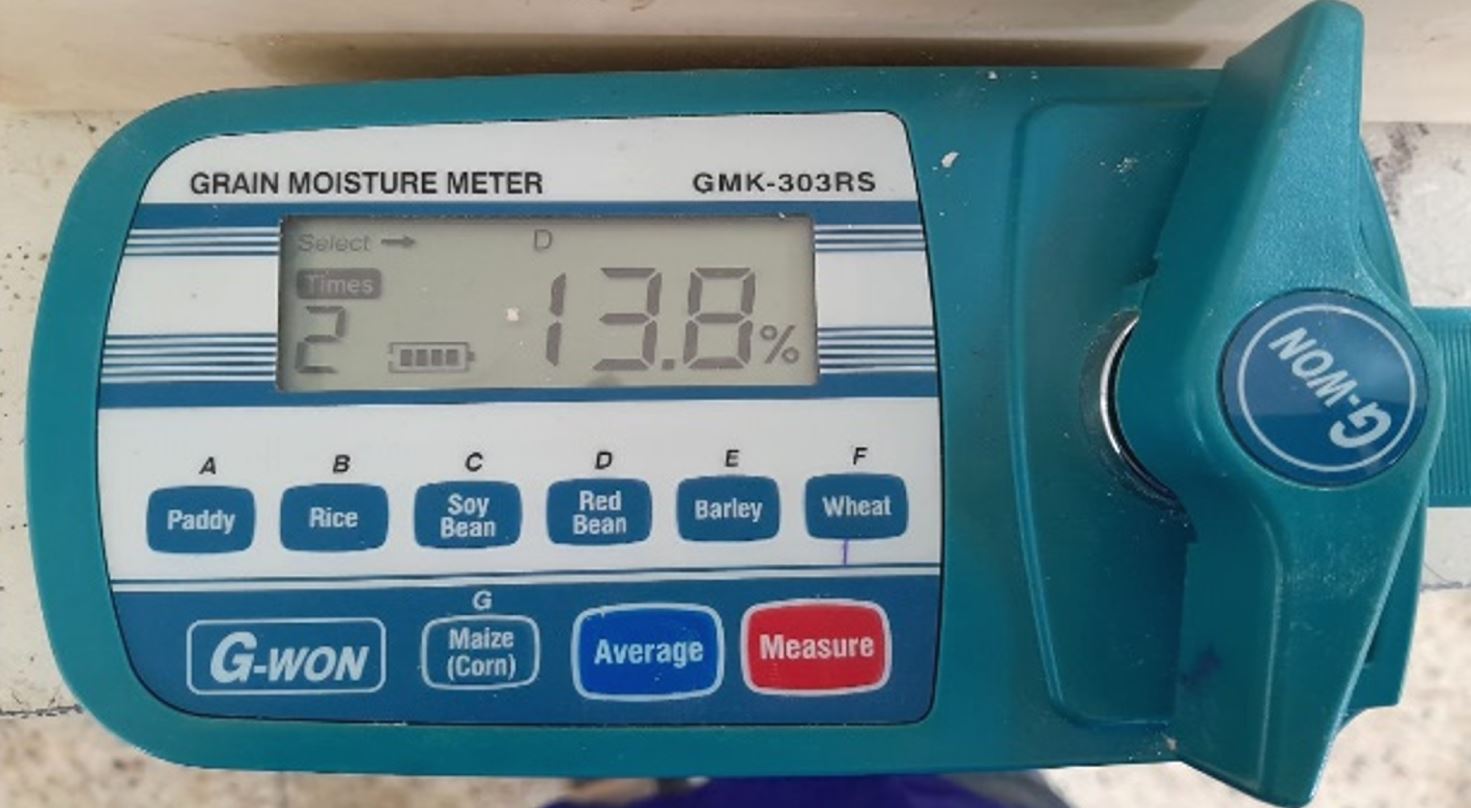
Figure 3: grain Moisture Meter purchased by SADCL.
“The process of vacuum sealing will enable us to reduce on any occurrence of bacteria growth in the precooked dehydrated bean product and flour thereby extending the shelf life without adding any preservatives, as well as enabling sale of the products for a longer time span. It will also prevent cross contamination of the company products from external influences thence improving food quality and safety,” he adds.
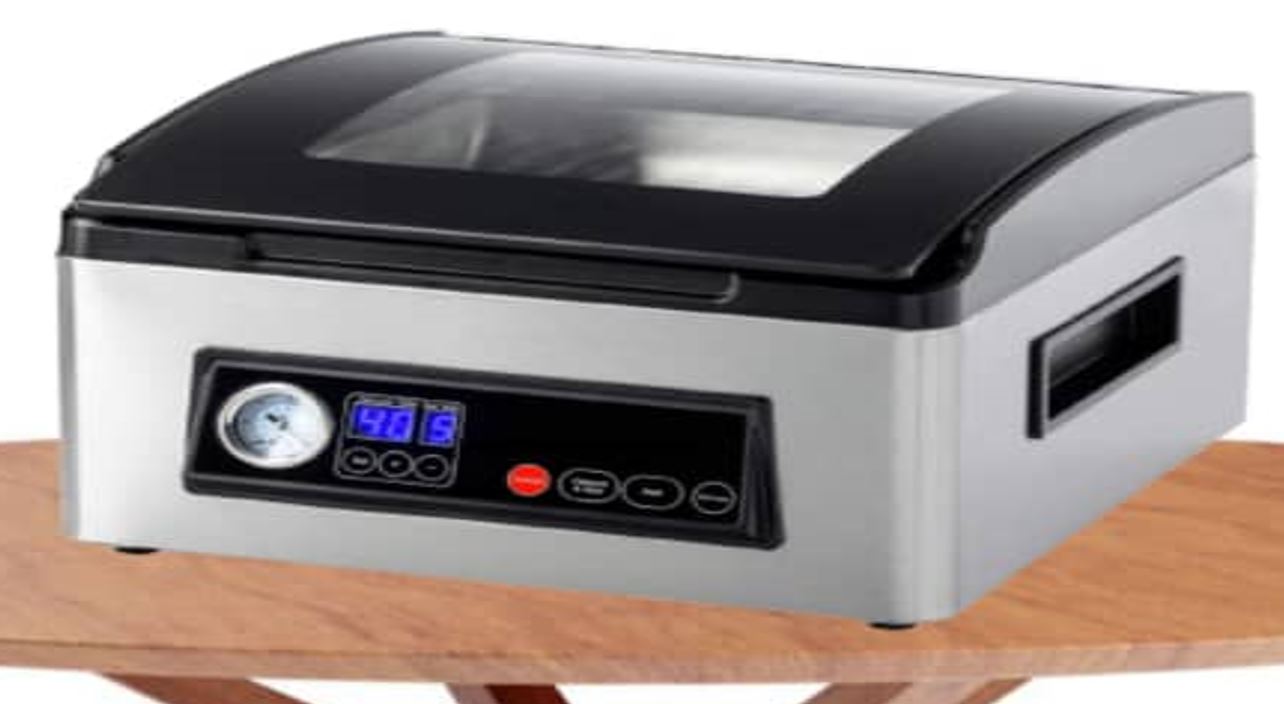
Figure 4: Vacuum sealing machine purchased by SADCL
With the same grant secured under UU, Operations Manager for Morning Beverages Limited (MBL) in Zambia, Kondwani Chiwowa is heavily relieved.
Following laborious process of sorting beans manually, inefficiencies in speed and resource utilization have been the order of the day at his company. On top of that, the old sealing machines are overburdened, eventually causing overheating issues.
“The packaged beans would spoil and we had some returns from the market. But now apart from the sealing machine, were also have a Bean Sorting Machine. Today the damages have reduced by 75%. Besides that, speed and efficiency have been enhanced,” says Chiwowa.
“With the 100 liters jacket oil pot we are procuring, our production will increase to about 600 kilograms (kgs) of beans in a day against the current 120 kgs we are producing now. Our deliveries will not be delayed because even when we have an emergency order, we know in the shortest period we will be able to cook and deliver,” boasts Pamela Tembo of Beyond Bridge Investment Limited, another processor who benefitted from UU grants, whose company specializes in producing frozen pre-cooked beans.
PABRA, through assistance from various development partners, takes the market-oriented approach to provide market information on the demand of value-added legume-based products, strengthen linkages amongst stakeholders, test promising products and processing technologies, and catalyze commercialization.
It is the ambition of PABRA and UU to leave a long-lasting impact in as far as commercialization of legume-based processed products in Africa is concerned.

